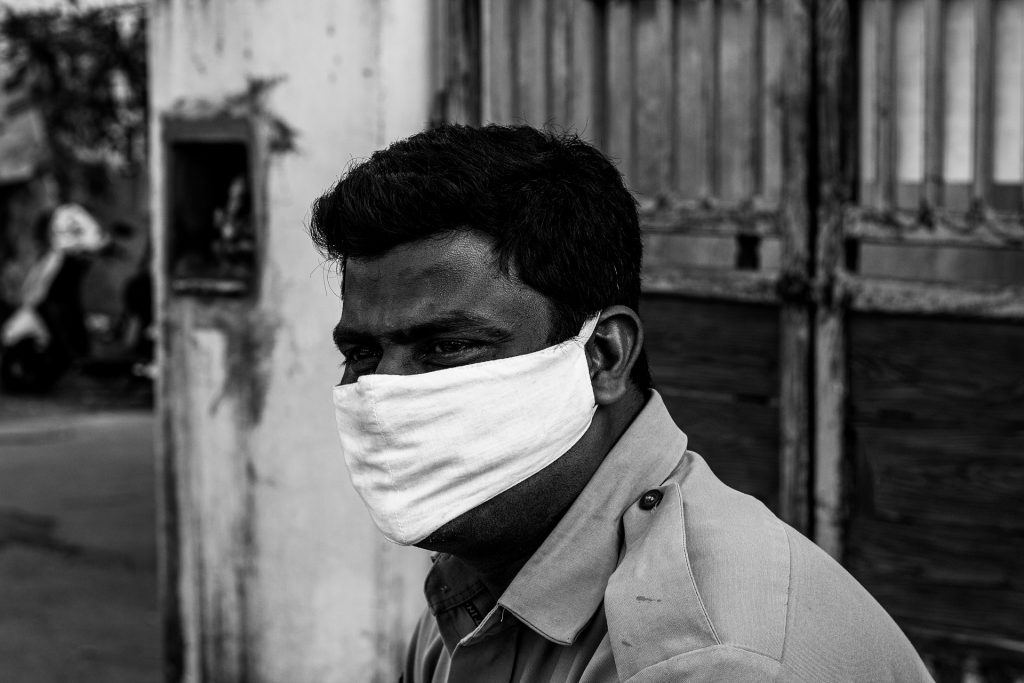To help India fight Covid-19, France has signed an agreement with India under which it will provide 200 million euros to help India fight the pandemic. Through this loan, France will work with India to increase the state and central governments’ capacities to support India’s most vulnerable people in the wake of the COVID-19 crisis.
The credit financing agreement was signed by Dr C.S. Mohapatra, Additional Secretary – DEA, and Bruno Bosle, Director – AFD (French Development Agency) in India in the virtual presence of Emmanuel Lenain, Ambassador of France to India.
The programme design, developed by the World Bank in collaboration with the Indian authorities, seeks to optimize and scale up the Indian Government’s existing social protection measures, it said.
The programme also seeks to protect essential frontline workers of the pandemic, including those in healthcare, sanitation, and security, by providing them with health insurance. Social assistance programmes will also be put in place for migrant workers and low-income urban households that may be unable to seek compensation under PMGKY.
Covid-19: 60 million of India’s poor most vulnerable
Using a multidimensional poverty index (MPI) developed with the UN Development Programme, researchers at the University of Oxford said in April said that nearly 60 million poor in India are at ‘high risk’ from the coronavirus pandemic.
The University of Oxford’s briefing said that India tops the list of 10 countries most vulnerable to the virus; others include the most poor in China, Pakistan, Nigeria, Indonesia, Uganda and Afghanistan.
The team used existing poverty data to analyse the vulnerability of populations on the basis of three indicators: lack of access to clean drinking water, under-nutrition and a lack of clean cooking fuel. The deprivations have long been associated with weakened immune systems and respiratory systems.
India under Covid-19 Lockdown and how it affected vulnerable populations
According to an article published in The Lancet, India’s sudden enforcement of the lockdown seemed hastily prepared and immediately disadvantaged already vulnerable populations. There has been a mass exodus of migrant workers and concerns are rising about starvation among people who work in the informal economy.
Implementing public health measures is difficult in places with overcrowded living conditions and inadequate hygiene and sanitation. Non-COVID-19 health services have been disrupted. Reports suggest that the government’s efforts to provide financial support and a measure of food security to ease these pressures will be insufficient to meet demand. But better planning and communication could have helped avert this crisis.
One threat to the COVID-19 response in India is the spread of misinformation driven by fear, stigma, and blame. There have been rising levels of violence against health-care workers and stigmatisation of people with or suspected of having COVID-19, which could impede reporting of illness, the article said.

